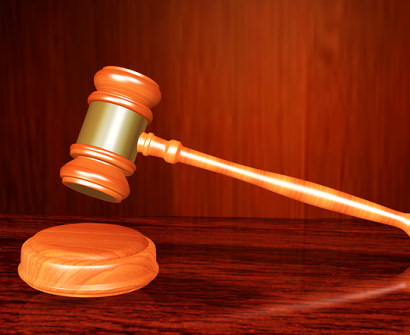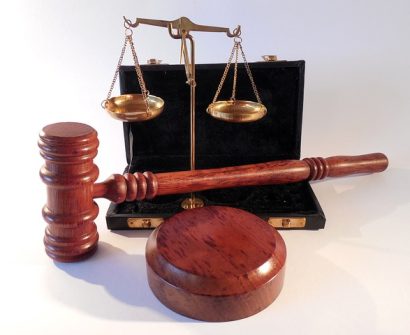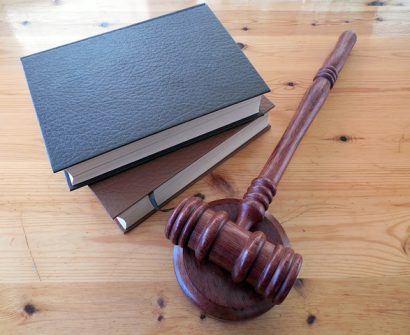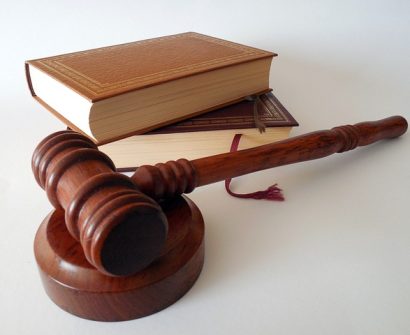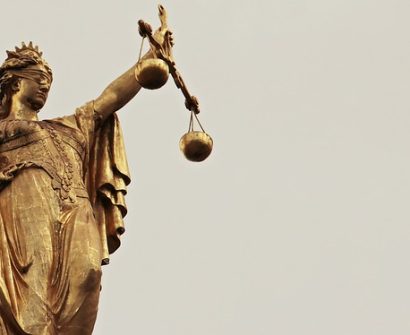
In the world of law, there are two types of questions that are essential to understand: questions about the law itself and questions about the facts of a case. These are known as substantial questions of law and facts.
Substantial questions of law involve figuring out which rules, laws and principles apply to a particular situation. It’s like solving a puzzle using the laws and legal guidelines that have been established over time. Judges are responsible for answering these questions. For example, if someone is accused of stealing, the substantial question of law would be whether the act meets the legal definition of theft and what punishment should be applied.
On the other hand, substantial questions of fact are about finding out what really happened in a specific case. It’s like being a detective and gathering all the evidence and witnesses to understand the truth. In a trial, the judge is responsible for answering these questions. Using the example of theft, the substantial question of fact would be whether the accused person was actually present at the scene of the crime and if they took someone else’s belongings without permission.
Sometimes, things can get a bit confusing because some questions involve both the law and the facts. These are known as substantial questions of law and fact. When this happens, it can be challenging to decide which part is more important. This is where the judge’s expertise comes in, as they need to make sure that the right legal rules are applied, and the factual findings are accurate.
Getting these questions right is crucial for ensuring fairness and justice in the legal system. If a judge or jury makes a mistake in identifying a question as a matter of law or fact, it could lead to a wrong decision. This means that innocent people might be punished, or the guilty might go free.
It’s not just the judges and juries who need to understand these distinctions. Lawyers, too, have an essential role to play. They must present their arguments in a way that helps the judge to see the difference between legal and factual issues clearly.
In conclusion, substantial questions of law and facts are vital components of the legal system. Understanding the difference between them is essential for judges, juries, and lawyers to ensure a fair and just outcome in every case. By getting these questions right, we can uphold the principles of justice and protect the rights of all individuals involved.
If you want to be a judicial officer and are looking for RJS coaching in Jaipur, here, at Jyoti Judiciary we provide comprehensive study material to make your preparation solidified and top-notch. From preliminary mock tests to mains answer writing sessions every material required for clearing the exam is provided. We have separate legal current affairs classes, legal general knowledge, and current affairs classes all in one-time enrolment. Hurry up.


